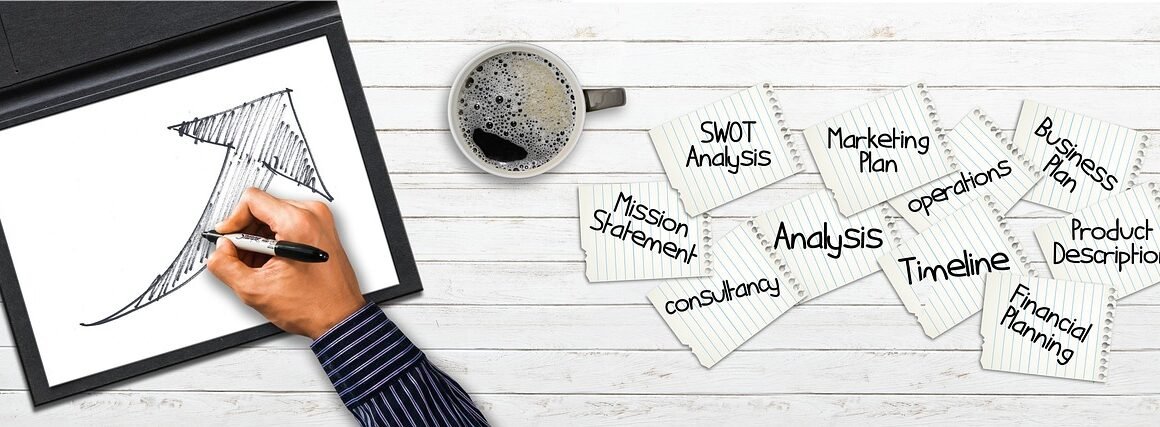Inflation is a term that has become quite frequent in financial discussions, especially in recent years. Defined broadly, inflation refers to the overall increase in prices and the resultant decline in purchasing power of money. As an important economic indicator, it affects everything from your grocery bill to loan payments, making it essential for consumers and businesses alike to understand its nuances. In this blog post, we will delve into the various facets of inflation, its causes, effects, and strategies for coping with its consequences.
What is Inflation?
Inflation is the rate at which the general level of prices for goods and services rises, eroding purchasing power. Central banks attempt to limit inflation and avoid deflation in order to keep the economy running smoothly.
Types of Inflation
- Demand-Pull Inflation: Occurs when the demand for goods and services exceeds supply.
- Cost-Push Inflation: Arises when production costs increase, leading to a rise in prices.
- Built-In Inflation: Resulting from wage increases that lead to higher costs of production and subsequently, higher prices.
Causes of Inflation
Understanding what triggers inflation can help individuals and businesses anticipate financial conditions. Key causes of inflation include:
1. Monetary Policy
- Increase in Money Supply: When central banks, such as the Federal Reserve, inject more money into the economy, it can lead to higher spending and increased prices.
- Low-Interest Rates: Encouraging borrowing and spending during periods of low interest rates can result in consumer demand outpacing supply.
2. Supply Chain Disruptions
Events such as natural disasters, geopolitical tensions, and pandemics can disrupt supply chains, leading to shortages of goods. This scarcity can trigger:
- Higher production costs
- Increased prices for consumers
3. Oil Prices
Fluctuations in oil prices significantly impact transportation and production costs, influencing inflation across various sectors.
The Effects of Inflation
The ripple effects of inflation are wide-ranging, influencing both individuals and the overall economy.
Impact on Consumers
- **Decreased Purchasing Power:** The money you have buys less.
- **Higher Living Costs:** Everything from groceries to utilities becomes more expensive.
- **Increased Interest Rates:** Borrowing costs rise as lenders seek to adjust for inflation.
Impact on Businesses
Businesses are also affected by inflation in ways that can hamper growth, including:
- **Increased Costs:** Higher costs for raw materials can squeeze profit margins.
- **Investment Decisions:** Uncertainty around future inflation can lead to conservative investment strategies.
Strategies to Cope with Inflation
While inflation is a challenging reality, there are several strategies that individuals and businesses can adopt to mitigate its impacts.
1. Adjust Budgeting Practices
Create a flexible budget that allows for adjustments in spending categories such as:
- Discretionary spending
- Grocery and utility costs
2. Invest in Assets
Consider investing in assets that typically rise with inflation, such as:
- Real estate
- Stocks
- Commodities like gold and silver
3. Diversify Income Streams
For individuals and businesses alike, diversifying income sources can help cushion against inflation’s effects:
- Start a side business
- Invest in stocks or other securities
- Consider rental properties for real estate income
Conclusion
Inflation is a complex economic phenomenon that can have profound effects on consumers and businesses. Understanding its causes helps in anticipating its impact and devising strategies to cope effectively. From adjusting budgets to investment diversification, proactive measures can empower individuals to protect their purchasing power. In a world where inflation continues to be a pressing concern, equipping oneself with the right knowledge is key to navigating the financial landscape.




